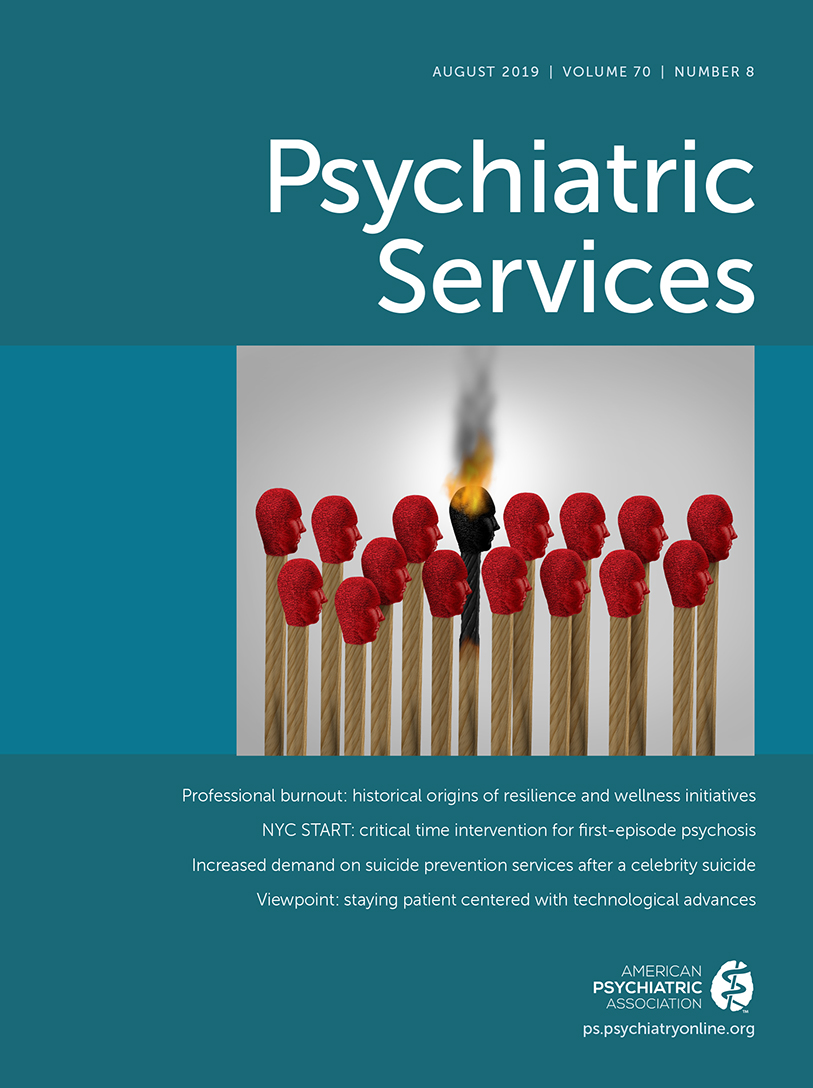Law Enforcement and Clinician Partnerships: Training of Trainers for CIT Teams in Liberia, West Africa
Abstract
The crisis intervention team (CIT) model was developed in the United States to align law enforcement goals with those of mental health advocates and service users. Liberia is the first low-income country where CIT has been implemented. After preliminary training of law enforcement officers and mental health clinicians by U.S. CIT experts, the program is now entirely implemented by Liberian personnel. In this column, the authors describe topics addressed in the 5-day training-of-trainers process to prepare Liberian mental health clinicians and law enforcement officers to conduct the program, along with feedback received from participants. They hope that this model can guide future initiatives aimed at fostering collaboration of law enforcement and mental health services in global mental health.



